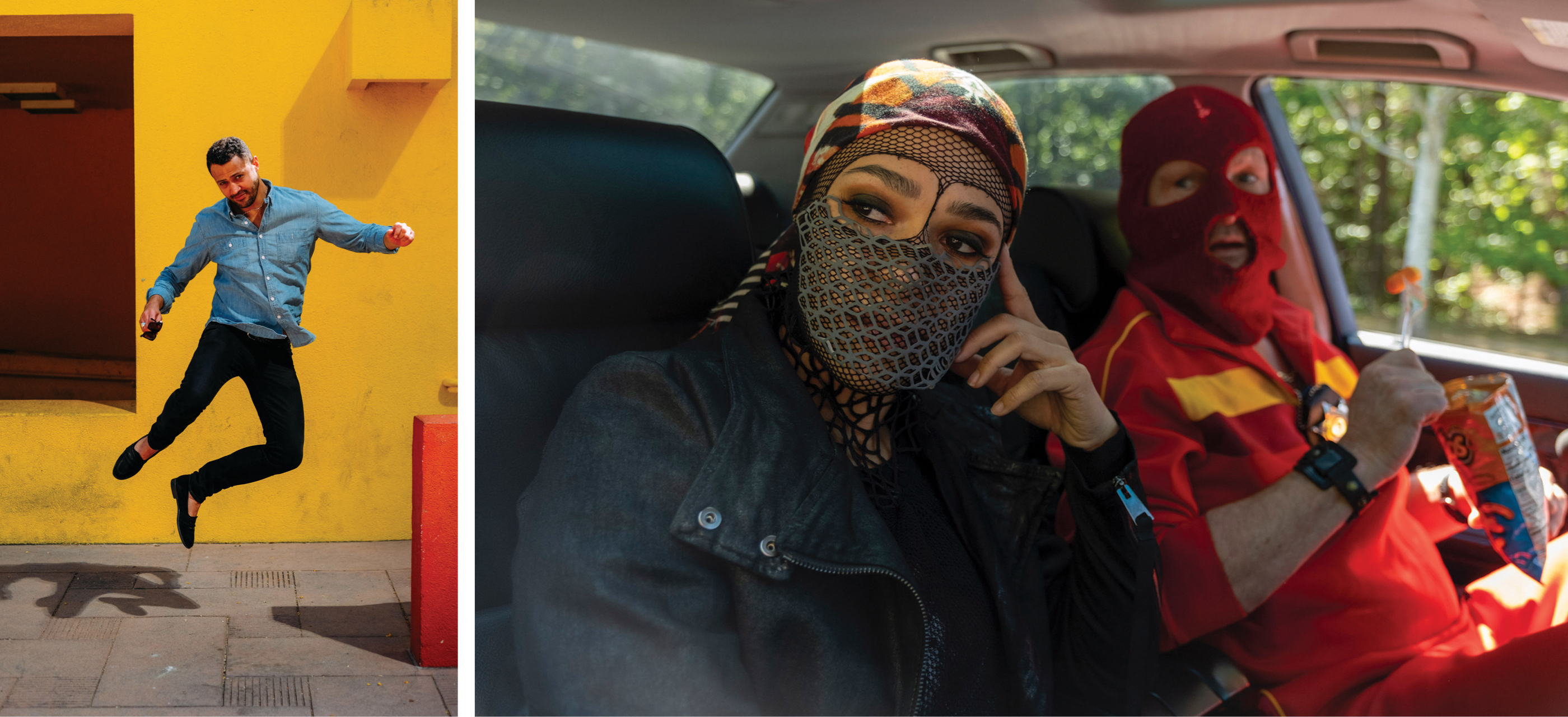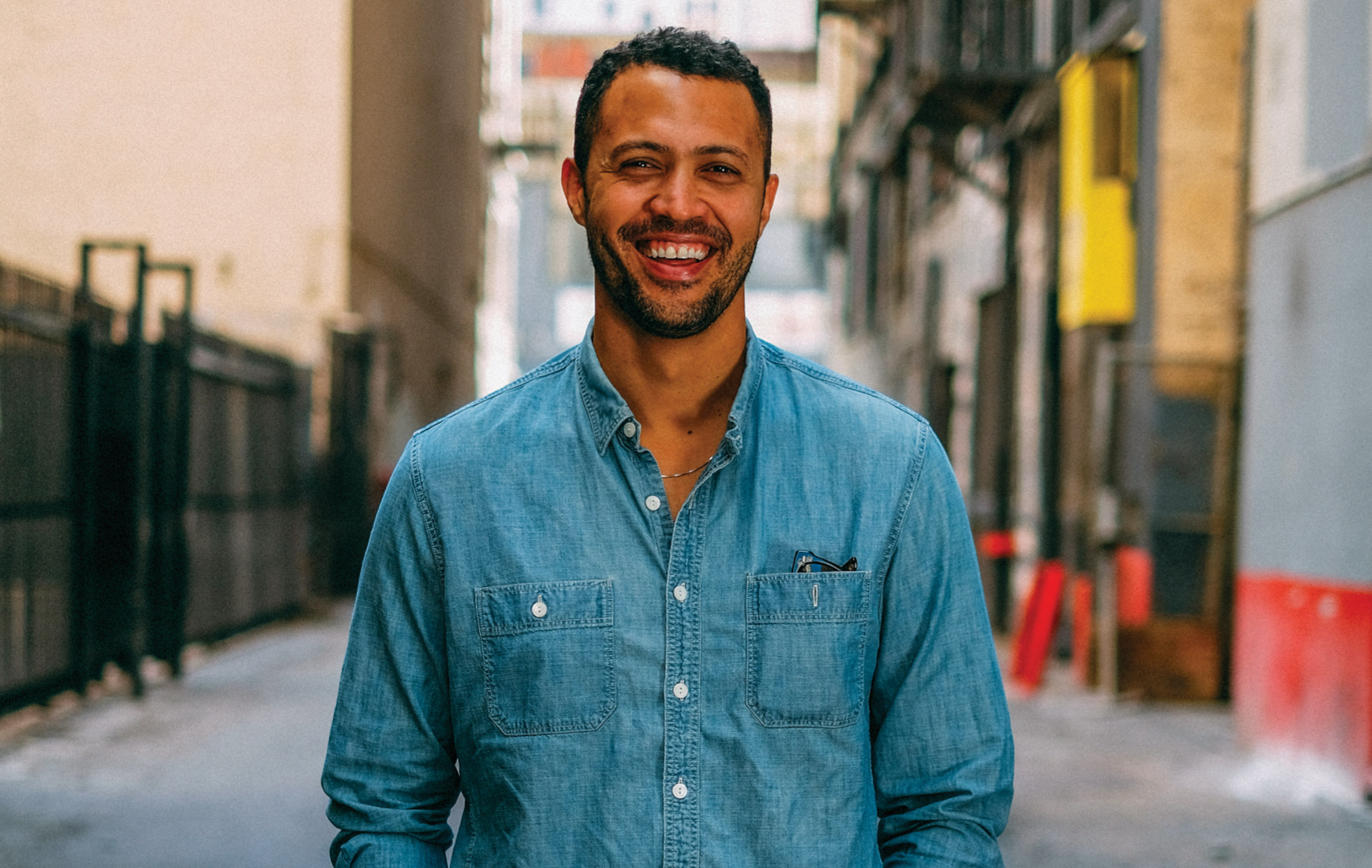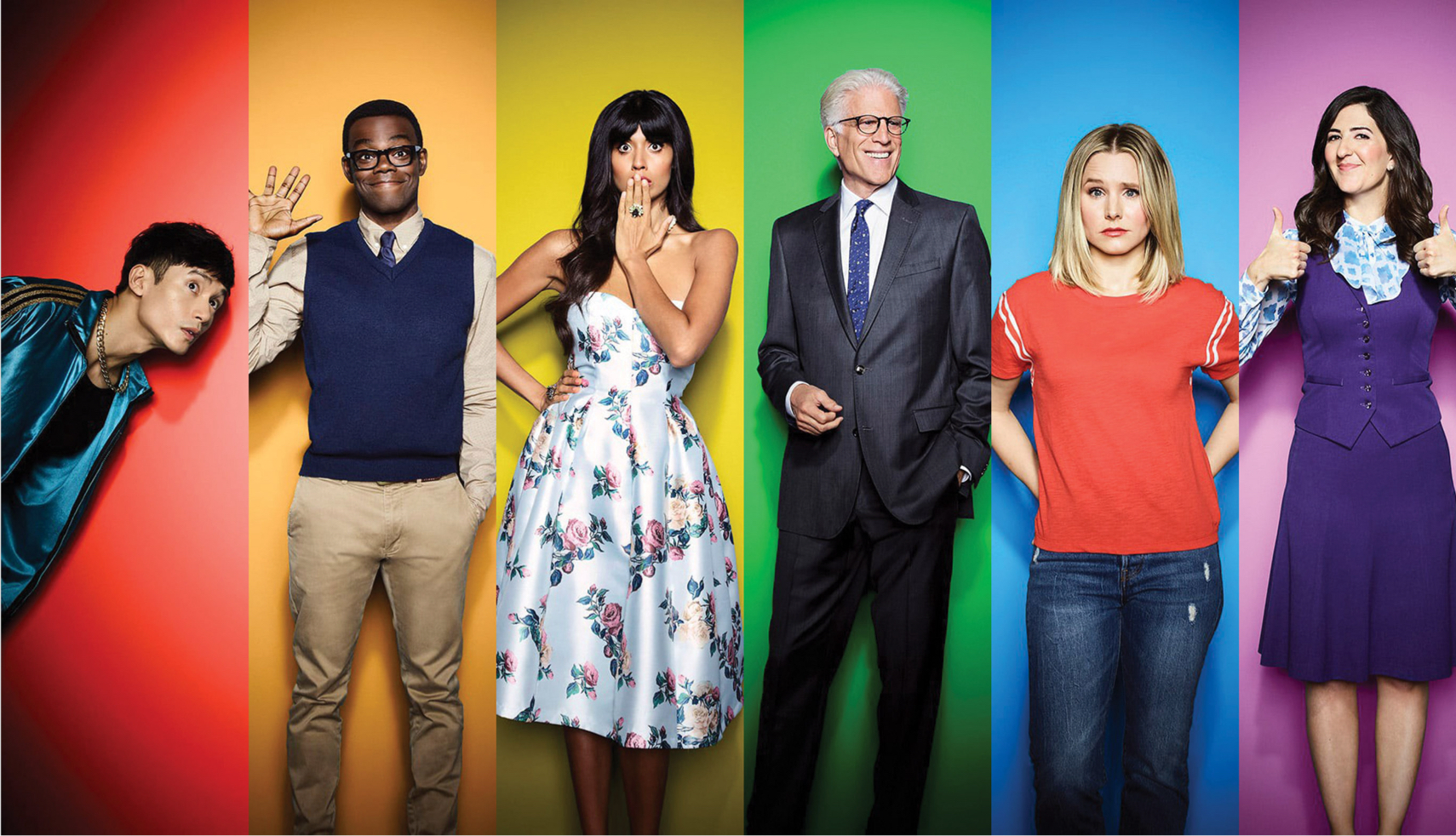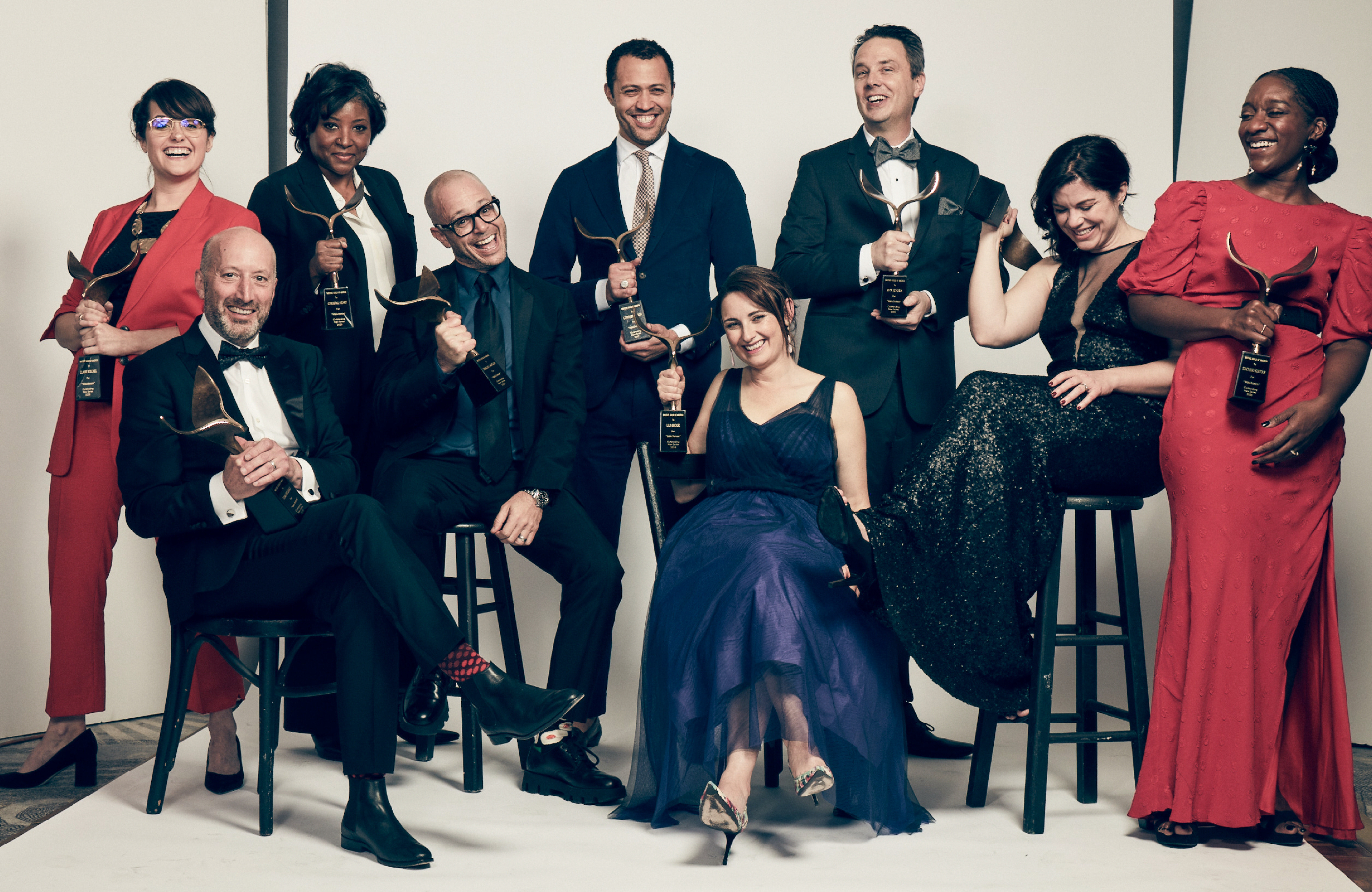Echoes of century-old racial violence and oppression reverberate through generations in the fictional world of the HBO series “Watchmen.” There are deadly traffic stops, hidden identities, corrupt police officers and vigilantes who carry out their own forms of justice and revenge. Also, it rains squid from time to time.
Sound at all familiar? (Aside from the falling squid, that is.) Cord Jefferson ’04, an Emmy-winning writer for the series based on DC Comics’ graphic novel, is often asked about the show’s connection to recent events. “Watchmen” aired in November 2019, about six months before the police killing of George Floyd and the social unrest that followed.
(Editor's note: In 2023, Cord Jefferson made his directorial debut with the film "American Fiction," which received multiple Oscar nominations and won for Best Adapted Screenplay. The film — based on the novel "Erasure" by Percival Everett — also received two Golden Globe nominations and won Best Adapted Screenplay at the BAFTA Awards and Critics' Choice Awards. Also see his People of William & Mary profile.)
“Immediately post-‘Watchmen,’ there was a lot of discussion of the show feeling prescient,” he says. “We didn’t have a crystal ball. We had history books, and if you read history books, you’ll start to see that history has a way of repeating itself in this country, particularly when it comes to issues of racism and social injustice and police violence.”
Jefferson explored those themes as a sociology major at William & Mary, although he didn’t know then that he would draw on his education in quite this way. As a biracial youth who grew up in a mostly white, upper-middle-class suburb of Tucson, Arizona, after living in Saudi Arabia and Greece, Jefferson looked to sociology to help make sense of the world around him. Through his classes, he delved into topics of women’s history, immigration, criminal justice and the politics of being Black in America.



